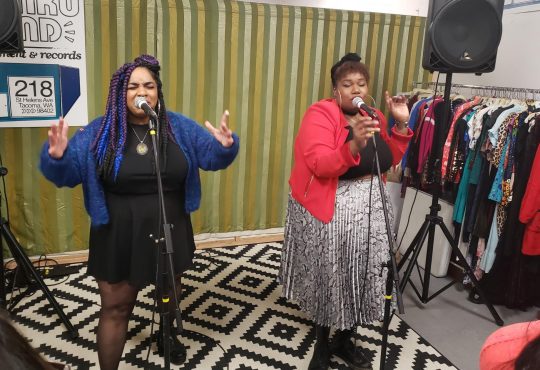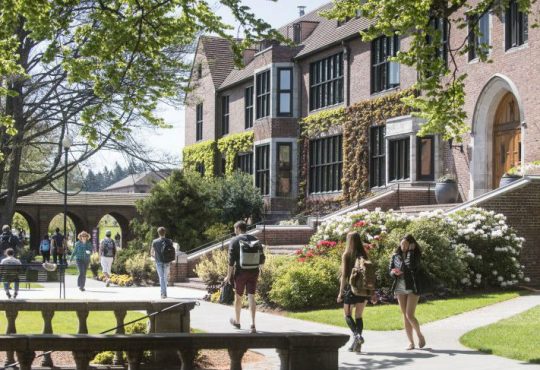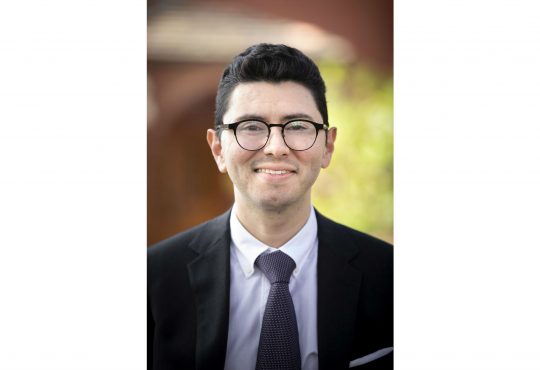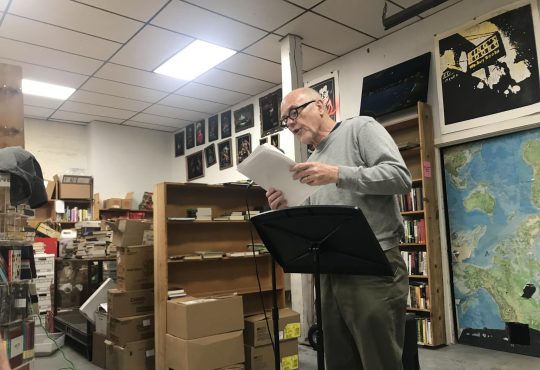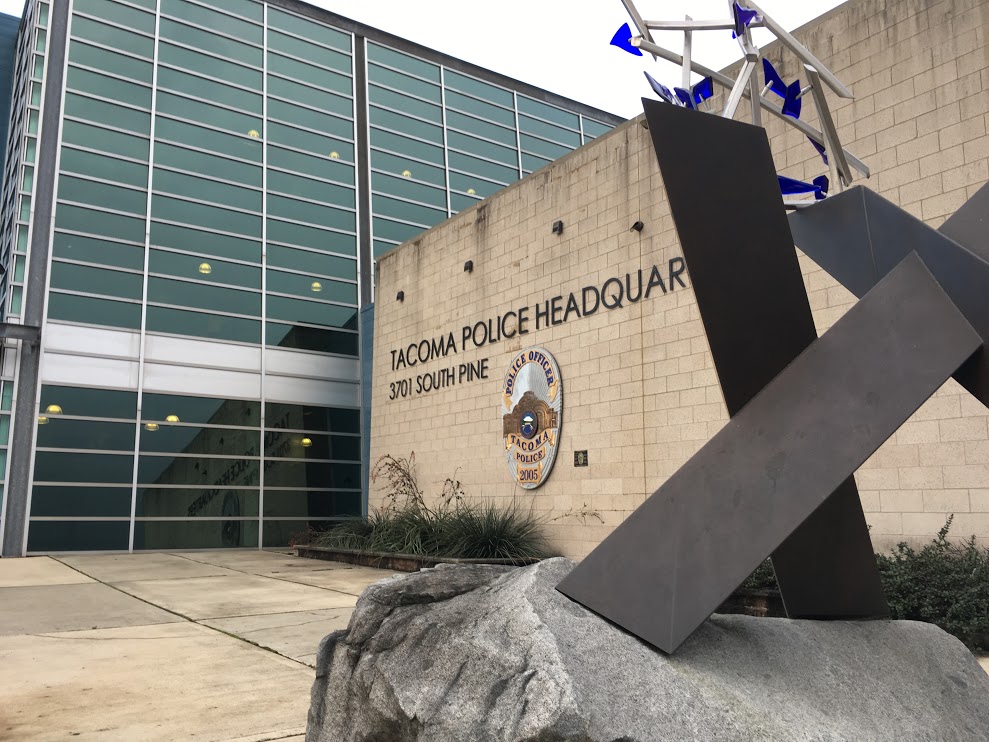
The Tacoma Police Department and City Management have recently held five discussion events for community members in the city of Tacoma. Through a new Program called Project PEACE (Policing Equity and Community Empowerment), the Tacoma Police Department has made themselves accessible to diverse members of the community in order to address tensions between the people and the police.
Project PEACE held a discussion at the University of Puget Sound on Oct. 21. Using a network of community activists from groups like the Black Ministerial Alliance and the Black Collective, faculty and staff were able to welcome over 180 community members to engage in a discussion with the Tacoma Police Department.
Even with a full house, faculty members wished more students had attended.
“It is important that the University of Puget Sound is even more active in supporting and hosting these kinds of conversations to bring experiences to students so that they get some exposure and practice talking about real world issues with diverse people, especially because it is [a predominantly white, affluent] campus,” Psychology Professor and small group discussion facilitator for Project PEACE Carolyn Weisz said.
“In order to prepare our students to contribute and be informed and able to participate,” Weisz said, “they have to be not just exposed to, but [able to] participate in real conversations with people who are not necessarily the same socioeconomic, racial, ethnic background.”
Both Weisz and professor of Religious Ethics Dr. Judith Kay commented on the role the University is playing in giving students better access to conversations about diversity and equity through the Race and Pedagogy Initiative.
Puget Sound was able to host Project PEACE this October because of connections between faculty and community activists, and the involvement of faculty members, such as Kay, with programs including United to End Racism and the Seattle Race Conference.
“There’s not really a strong history of community partnerships in the long term at this University, so it’s a big deal for diverse members of the community to trust that Puget Sound can host onversations where all voices are going to be respected and heard,” Weisz said. “I think Puget Sound is a place that can aspire to do that, but it doesn’t happen just by virtue of reserving a room. It has to have the integrity of partnerships like Race and Pedagogy that has a history of affecting critical conversation and diversity issues.”
The goal of Project PEACE is to build relationships with historically marginalized communities of Tacoma and open lines of communication before issues surrounding identity and law enforcement reach a breaking point.
“We hope to be one of the leaders in the nation on this,” Kay said. “There is a willingness there [with the Tacoma Police] both to listen and share perspectives.”
Additionally, the Tacoma Police Department aims to use the themes of conversation and proposed policy changes from community members who participated in the Project PEACE discussions to reform the way they train officers and address issues as a Police Department.
Project PEACE, after completing the five scheduled discussion events in various areas of Tacoma, will soon be moving on to long-term goals such as creating teams of law enforcement officers that reflect the community they serve, keeping law enforcement morale high and relationships with the communities they serve positive, as well as incorporating law enforcement into communities so they are seen as people who can help further community safety.
The initiatives taken by the Tacoma Police Department extend to the University of Puget Sound. “While students live here in Tacoma, they are citizens of Tacoma. It’s good to get to know the police and community leaders,” Kay said.
“We have [an academic] history on this campus of a commitment to conversations about important issues in local, national, and global society,” Weisz said.
Faculty at Puget Sound provides students with ways to engage in these discussions outside of the classroom, with programs such as Project PEACE, and work to enact real change in Tacoma.
Going forward, both the Tacoma Police Department with Project PEACE and University Faculty with the Race and Pedagogy Initiative plan to continue working to change unjust systems and foster relationships using programming to which students at Puget Sound have access.

